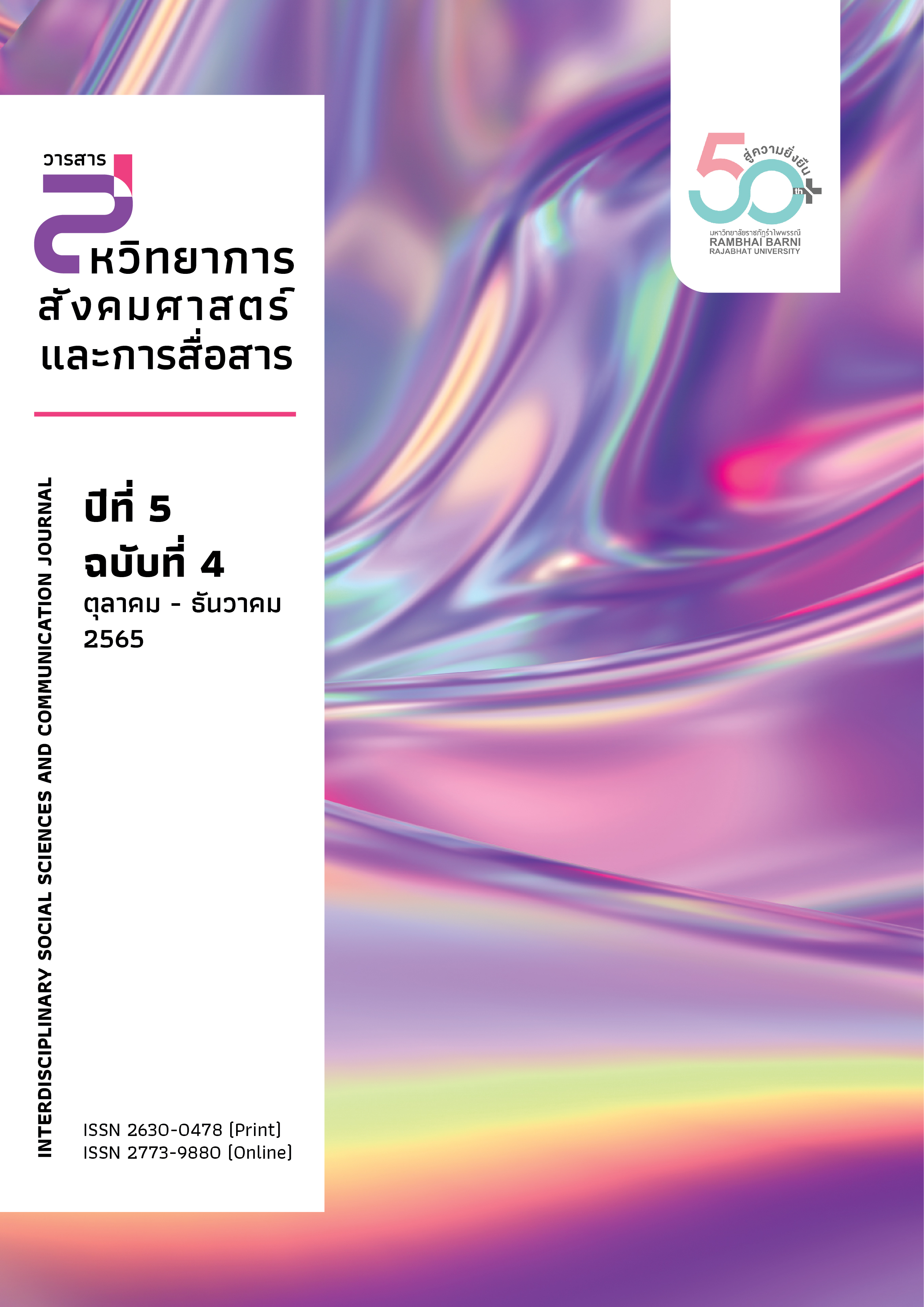Legal Issues Related to Listening to Digital Evidence in Civil Cases
Main Article Content
บทคัดย่อ
The world has evolved into a digital era of communication, transactions, and almost all of life. Most human beings need to use relevant electronic devices to make transactions and do those things, including data access, collection, and transmission, more accessible and faster. As a result, it is another channel for criminals to use to commit crimes. Civil digital evidence is unique in that it can easily alter, and that amendment can damage information. It allows digital evidence to be credible and listenable in judicial and judicial processes. Therefore, dealing with digital evidence requires a standardized, universally accepted, and reliable method. In particular, the various technical guidelines for dealing with digital evidence. The researcher has presented a guideline to amend and add to the Thai jurisprudence method and clearly define electronic data to clarify what kind of evidence. It is classified as prescribing rules and procedures for an inheritance to have specific characteristics to suit the complex nature of electronic evidence that will directly affect the use of electronic contracts as evidence, including the determination of the authenticity and completeness of electronic data. It is because the state of electronic data can be easily changed and modified by having a specific body established to ensure electronic data. It will be used as evidence to provide credibility, and information has not been modified or altered, including learning, and developing processes related to digital evidence in civil cases. It can determine the work direction that creates credibility and can be used in the judicial process. It is for Thailand to have a law relating to the adequate hearing of witnesses. As a result, the law on hearing digital evidence in civil cases will be more accepted and credible.
Article Details

อนุญาตภายใต้เงื่อนไข Creative Commons Attribution-NonCommercial-NoDerivatives 4.0 International License.
** ข้อความ ข้อคิดเห็น หรือข้อค้นพบ ในวารสารสหวิทยาการสังคมศาสตร์และการสื่อสารเป็นของผู้เขียน ซึ่งจะต้องรับผิดชอบต่อผลทางกฎหมายใด ๆ ที่อาจเกิดขึ้นจากบทความและงานวิจัยนั้น ๆ โดยมิใช่ความรับผิดชอบของคณะนิเทศศาสตร์ มหาวิทยาลัยราชภัฏรำไพพรรณี **
เอกสารอ้างอิง
Chaiwat Wongwattanasant, Thaweesak Koranantakul & Surangkana Kaewchamnong. (2001). Explanation of the Electronic Transactions Act.n.p
Electronic Transactions Development Agency. (2016). Recommendations for digital device management standards in forensic evidence Version 1.0.
H.W.R Wade. (1983). Administrative law (5th edition). Clarendon Press.
Kamonchai Rattanasakawwong. (1985). Legal practice of administrative officials in common law countries.
Journal of Law, 15(4), 7.
Kritsana Changklom. (1999). Draft research study report on Electronic Commerce Law.
National Electronics and Computer Technology Center.
Kramon Thongthammachat & Sombun Suksamran. (2003). Interesting facts about government and the
Constitution of the United States.Social Science Publisher.
Pattharasak Wannasaeng. (2022, 18 June). Unit 12 listening to evidence in criminal cases. https://www.stou.ac.th/schoolsweb/law/UploadedFile/41717-12.pdf
Rangsan Phibunkitsakul & Chalor Yossombat. (2009). Legal forms for electronic transactions and electronic
signatures: Study for only the case of accepting the evidence of electronic data. n.p.
Somsak Inthapan. (1992). Procedures of the Administrative Dispute Arbitration Committee in Thailand.[Unpublished Master’s thesis]. Chulalongkorn University.
Sunee Sakawrat, Translation. (2016). Digital evidence for legal professionals.”, By Larry E. Daniel, Lars E. Daniel,
Foundation for Internet and Citizen Culture.


